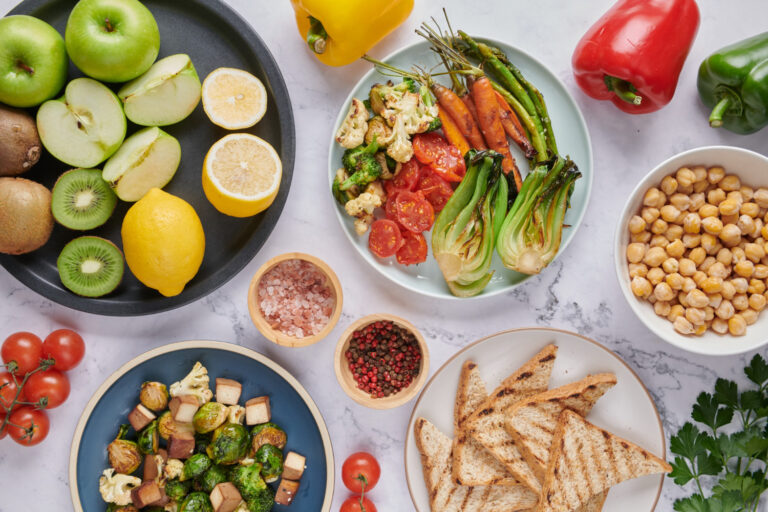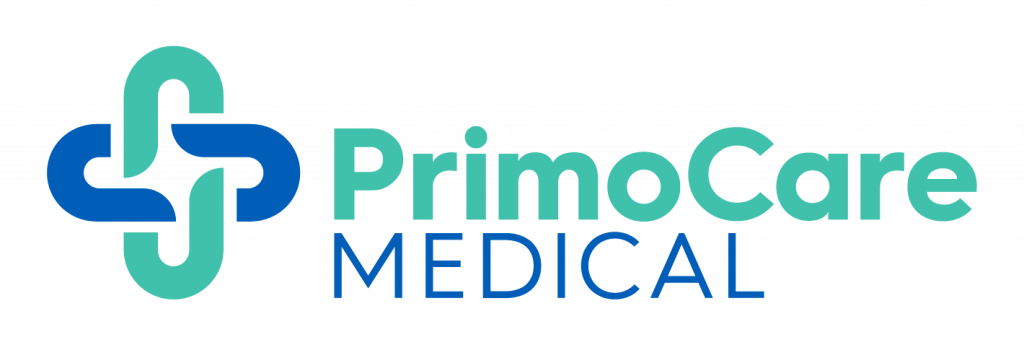Food refers to what the body takes in both matter and energy and the synthesis process occurs until the body can use it for benefit. Therefore, eating the right pattern properly should be considered especially how the food you are about to eat will benefit or harm you in order to get the body to get complete nutrition.
Reduction formula 6:6:1 on Sweet, Oily and Salty food: Consumption of these food per day should be limited according to the following amount as maximum
– 6 teaspoons of sugar
– 6 teaspoons of oil
– 1 tablespoon of salt
- Amount: The daily consumption should not be exceeding as follows: Sugar – 150 calories per day, Fat – 20g to 30g of saturated fat per day and Salt – 2,300mg
- Time: Enjoy the meal. Try not to eat between meals. You can do intermittent fasting as well.
Canada Food Guide 2019: Sample Canadian Government Food Guide
Eat fruits and vegetables, whole grains and protein rich food, when choosing a protein food, opt for plant-based protein including choosing healthy fats instead of saturated fats. However, a good eating pattern must have the following characteristics:
1. Complete nutrition value
2. Healthy
3. Satisfaction
Overall, the research concluded that a good eating pattern is choosing to eat vegetables, fruits, whole grains and various protein foods such as beans, yogurt, lean meats, etc., including reducing and avoiding processed foods, salt and sugar so that the body can get useful nutrients and use it for the development of the body.
How To Eat To Get Complete Nutrition?
- Focus on eating foods such as vegetables, fruits, whole grains. and suitable protein: Have protein from plants, such as beans, and reduce the consumption of foods that are high in saturated fat, such as fat from certain meats, including fat in milk, butter, cheese, lard, palm oil, etc. Increase the consumption of lean meats such as fish like tuna, chicken breasts, as well as eating good fats such as olive oil, sesame seeds and flaxseed.
- Reduce the consumption amount of processed foods: Processed foods that should reduce consumption include sausages, bacon, ham, as they contain a lot of salt, saturated fat and there are carcinogenic substances that occur in the food preservation process. When preparing for your own food, avoid salt, sugar, and saturated fat.
- Drink water instead of of sugary drinks: Water can help quench your thirst and resolve dehydration without consuming excess calories. However, if you want a replacement drink, you can drink plant-based drinks that do not contain sugar, such as soy milk, almond milk, coffee, tea (without sugar) or fat-free milk without sugar, etc.
- Always read the label: Labels will provide more accurate information to make good food purchase decisions, especially ingredients such as calorie content, nutritional proportions, nutrients, expiration dates and amounts of nutrients that are harmful if taken in large amounts, such as salt, sugar, saturated oils, etc.
- Eat mindfully: Always know your status if you’re full or still hungry
- Cook by yourself in the kitchen: Cooking helps develop good eating habits because it can control the amount of salt, sugar and various seasonings. In addition, cooking helps to learn new skill and it might help to reduce consumption of processed foods
- Dining with others: Eat with other people like friends or family. It creates a good environment for eating, making you happier.
If you are looking to consult a doctor to adjust lifestyle behavior for better health or to consult for the personalized meal plan for the diabetic, come down to get advice at PrimoCare Medical Clinic to join the Personalized Lifestyle Medicine program designed for individuals. You can inquire or make an appointment in advance here.

